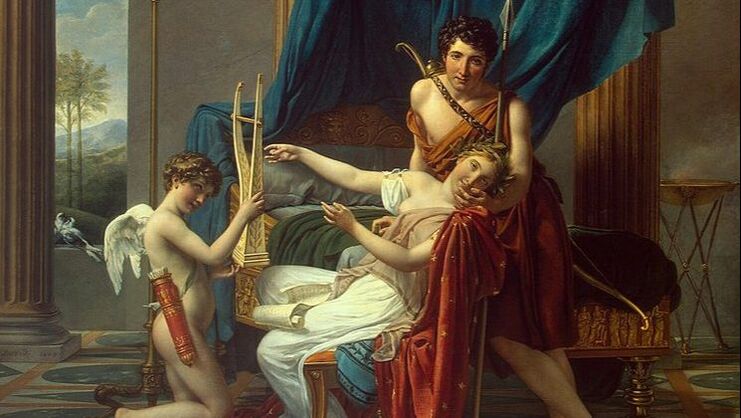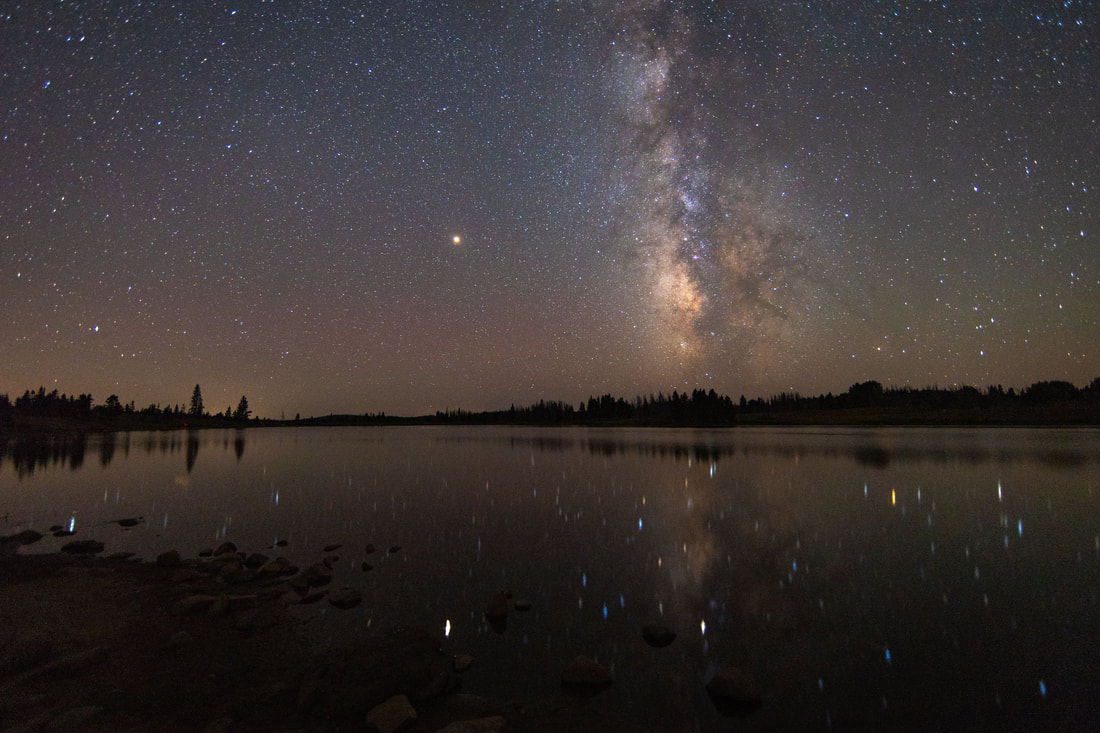The pleasure of love lasts but a moment; the sorrow of love lasts a lifetime. Over the years, musicians of all stripes have been attracted to Jean-Paul-Égide Martini’s beautiful song "Plaisir d’amour". From classical singers like Paul Robeson, to folk singers like Joan Baez, Martini’s haunting melody has found a home in the repertoire of countless performers. Perhaps most famously the tune provided inspiration for the Elvis Presley hit "Can’t help falling in love" in 1961. With the limitations that the pandemic has put on collective music making, many musicians have turned to creating more independent, self-produced projects. The rippling arpeggios in the accompaniment of "Plaisir d’amour" seem naturally suited to a guitar, and with Valentine’s Day just around the corner I thought that an art song on the theme of "the pleasure of love" would be a fun quarantine project to put together. The text is a bit more wistful than your average Valentine’s Day card; Martini captures that mood with a simple but effective melody in the opening refrain. The first verse sets up the story of unrequited love, the second takes a melancholy turn into a minor key only to give way to the refrain once more. "Plaisir d’amour" is the music for which Martini is best remembered today. He was born and educated in Bavaria, and made his career as a court musician in Paris. He composed music and led concerts for the royalty and politicians of France, including Louis XVI, Marie Antoinette, and Napoléon Bonaparte. He fled Paris during the French Revolution but returned in later years to teach composition at the Paris Conservatory. He died in 1816 on Valentine’s Day. Enjoy this musical valentine from Fourth Coast Ensemble, much "amour" to you all.
0 Comments
In honor of the upcoming opening concert of Fourth Coast Ensemble’s HD season on February 20, we are excited to share our most recent virtual collaboration: Morten Lauridsen’s choral setting of “Sure on this Shining Night.” This is a song that we’ve never sung before, and, in fact, we never could have performed before now because the vocal lines split into more than four parts! One of the benefits of collaborating remotely is that the quartet is able to record multiple vocal parts amongst ourselves, giving everyone the pleasure of hearing Lauridsen’s signature tone clusters and rich harmonies as-written. James Agee’s enigmatic poem portrays the internal experience of an individual who finds healing in contemplating the night sky. Despite “wandering far alone,” the individual still looks at the “starmade shadows” and feels that “all is healed / all is health.” Lauridsen’s setting brings out the lyricism of the poetry with wonderful sweeping melismas for the voice, and simple flowing movement in the piano. The first vocal divisi occurs mid-way through the song on the text “High summer holds the earth / Hearts all whole”. The shimmering tone clusters heard here continue to re-appear and radiate throughout the remainder of the piece. Although the vocal part settles into a satisfying and well-earned stillness at the end, the piano twinkles on, perhaps representing the onward movement of the stars overhead. Like the wanderer in the poem, we each recorded apart from one another. However, the music has in fact given us the opportunity to find healing and health as we marvel at the sky we all share. Learn more about Fourth Coast Ensemble's 2021 HD Season and purchase your subscription here today!
|
SUBSCRIBEAboutHello, and welcome to the blog! We are Fourth Coast Ensemble, Chicago's classical vocal quartet. Join a different member of our ensemble for insights into our favorite art songs, links to archival and new recordings, and reflections on why we value and continue to come back to this musical medium. We proudly present, your #artsongfix! Archives
June 2023
Categories
All
|





 RSS Feed
RSS Feed
